The Multi-Partner Human Security Trust Fund for the Aral Sea Region in Uzbekistan (MPHSTF) uses a multi-sector and people-centered approach to build the resilience of communities affected by the current ecological disaster. Responses are the result of unified programmatic approaches and the application of timely and coordinated environmental, economic, food, health, and social solutions.
Status: Active
Latest reports:
Fund established:





The work of the Aral Sea UN Human Security Trust Fund for the Aral Sea in Uzbekistan is possible thanks to the efforts of . These resources are pooled and channelled to participating organizations to promote joint action and multi-stakeholder partnerships, making a difference on the ground.
Fund scope
The drying up of the Aral Sea is one of the greatest man-made disasters. The fallout crosses national borders to affect millions living in the region and, ever evolving, the Aral Sea crisis has led to land degradation and desertification, a shortage of drinking water, malnutrition, deterioration of health and quality of life indicators for local populations. The epicentre of the crisis is in the Republic of Karakalpakstan, Uzbekistan.
The Multi-Partner Human Security Trust Fund for the Aral Sea Region in Uzbekistan (MPHSTF) is a transformative, evidence, and human rights-based mechanism that focuses on multi-sector and people-centered responses. Fund stakeholders work closely together on coherent strategies that improve the flow and coordination of financial assistance, increase government ownership, and generate sustainable results.
Theory of change
A human security approach is used to analyze and plan interventions that are contextually relevant and centered on vulnerable communities. Using a multi-sectorial lens, UNDP, UNFPA, UNICEF, UNODC, UNESCO, and FAO collaborate closely with the Government of Uzbekistan and local partners on programme activities comprised of holistic interventions that are people centered, comprehensive,context-specific, and prevention oriented. The theory of change is comprised of six clusters that serve as the foundation for Fund initiatives:
By using a layered approach MPHSTF stakeholders can roll-out transformative, inclusive, evidence and human rights-based solutions. The first areas of focus include employment generation, natural resource management, improved social services in health and education, empowerment of women and girls, support to women in difficult conditions, and good governance through participatory planning and implementation.
Steering Committee
Responsible for leadership, strategic direction, and decision making on eligibility, allocations, and managerial oversight, the Steering Committee is co-chaired by a high-level government representative and the United Nations Resident Coordinator in Uzbekistan. The Committee also includes representatives from national ministries, United Nations organizations, NGOs, and contributing donors.
Technical Secretariat
Provides operational and administrative support to the MPHSTF Steering Committee in ensuring coherence, qualitative development of operational documents, monitoring of results achieved, and conformity of MPHSTF activities with government priorities.
Administrative Agent
Funds are routed by way of a pass-through mechanism. Participating Organizations receive funds through the Administrative Agent, the Multi-Partner Trust Fund (MPTF) Office. The Administrative Agent is responsible for the receipt, administration and management of contributions from donors, disbursement of funds to Participating Organizations, and consolidation and dissemination of progress reports to donors.
The work of is possible thanks to the efforts of contributors. Since together they have contributed . In the annual contributions amounted to .
| Funds with Administrative Agent | |
|---|---|
| Contributions from Donors | |
| Contributions from MDTFs | |
| -Sub-total contributions | |
| Interest and Investment Income (from fund) | |
| Interest (from Participating Organizations) | |
| Other Income | |
| Fund balance transferred to another MDTF | |
| Refunds by Administrative Agent to Contributors | |
| Total source of funds | |
| Transferred to Participating Organizations | |
| Transfers to MDTFs | |
| Transfers to Participating Organizations for Direct Cost - Fund Secretariat etc | |
| -Sub-total transfers | |
| Refunds from Participating Organizations | |
| Refunds received from Participating Organizations for Direct Cost | |
| -Sub-total refunds | |
| Administrative Agent Fee | |
| Bank Charges | |
| Other | |
| Total use of funds | |
|
|
|
|
|
| Funds with Participating Organizations | |
|---|---|
| Transfers to Participation Organizations | |
| Total resources | |
| Participating Organizations' Expenditure | |
| Refunds from Participating Organizations | |
| Total expenses | |
|
|
|
|
|
| Total Balance of Funds | |
| As a percentage of deposits |
Aral Sea UN Human Security Trust Fund for the Aral Sea in Uzbekistan is currently supporting count_projects ongoing projectscount_globalInterregional and count_countries country-specific. This table shows the most recently approved ongoing projects.
All project financial information can be found in the Financials section, including delivery analysis by organization, theme and project; project financial status by country and by theme.
Aral Sea UN Human Security Trust Fund for the Aral Sea in Uzbekistan
Contributions to trust funds administered by the MPTF Office are pooled with other partner resources to achieve greater impact and leverage the SDGs. This map provides a geographical breakdown of all investments.
* The designations employed and the presentation of material on this map do not imply the expression of any opinion whatsoever on the part of the Secretariat of the United Nations or UNDP concerning the legal status of any country, territory, city or area or its authorities, or concerning the delimitation of its frontiers or boundaries.
![]() > $55M
> $55M ![]() $55M - $25M
$55M - $25M
![]() $25M - $5M
$25M - $5M
![]() < $5M
< $5M
Budget amounts in US$
Fund stakeholders use a human security approach to analyze and plan interventions that are contextually relevant and focused on vulnerable communities. Designed with a multi-sector lens, MPHSTF programmes are holistic, people-centered, comprehensive, context-specific, and prevention oriented. This layered approach enables the roll-out of transformative, inclusive, and evidence and human rights-based solutions.
In this section you will find the latest editions of reports that detail Fund performance and results. In most cases, results are presented according to SDG contributions, signature indicators, and outcomes.

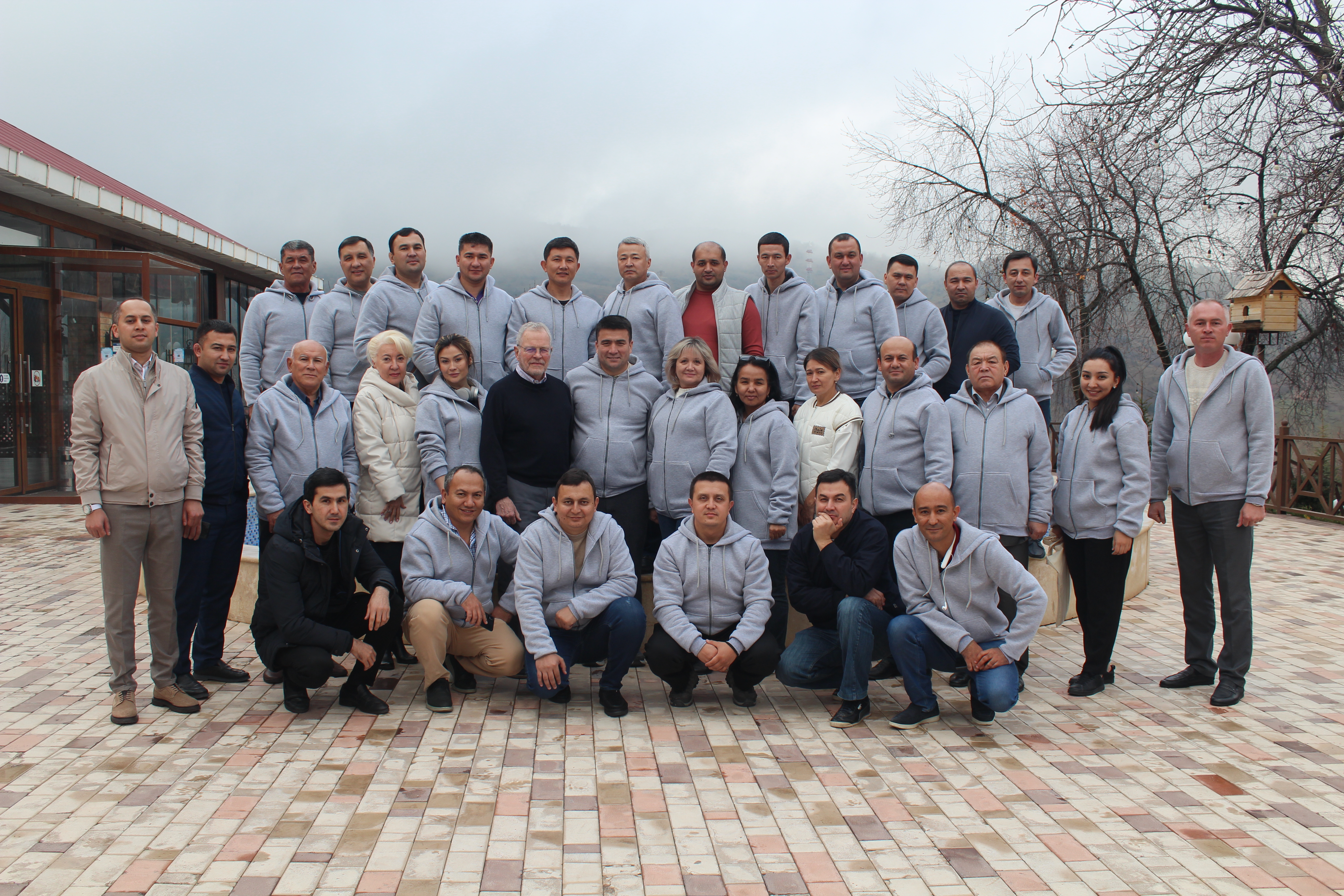
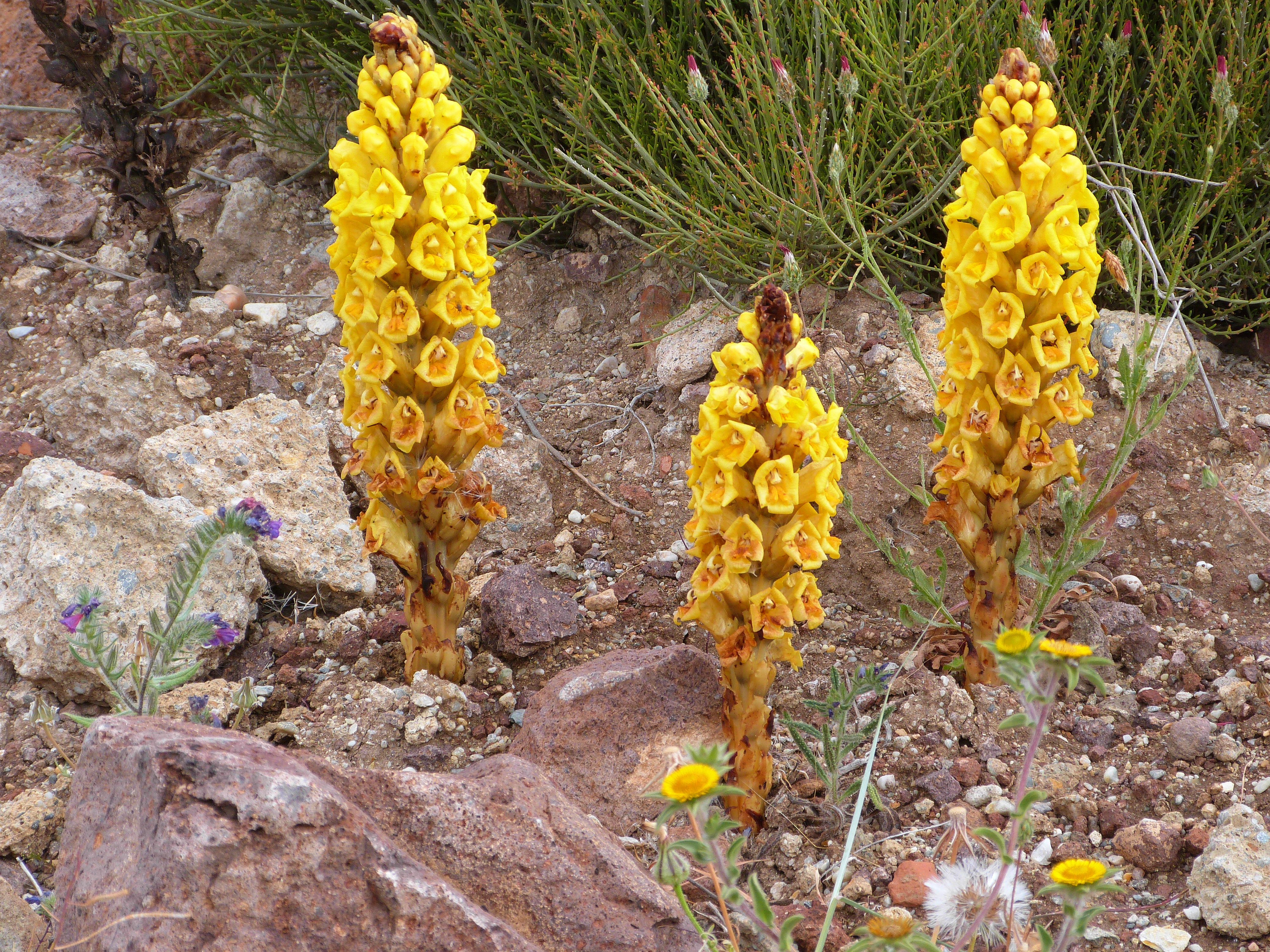
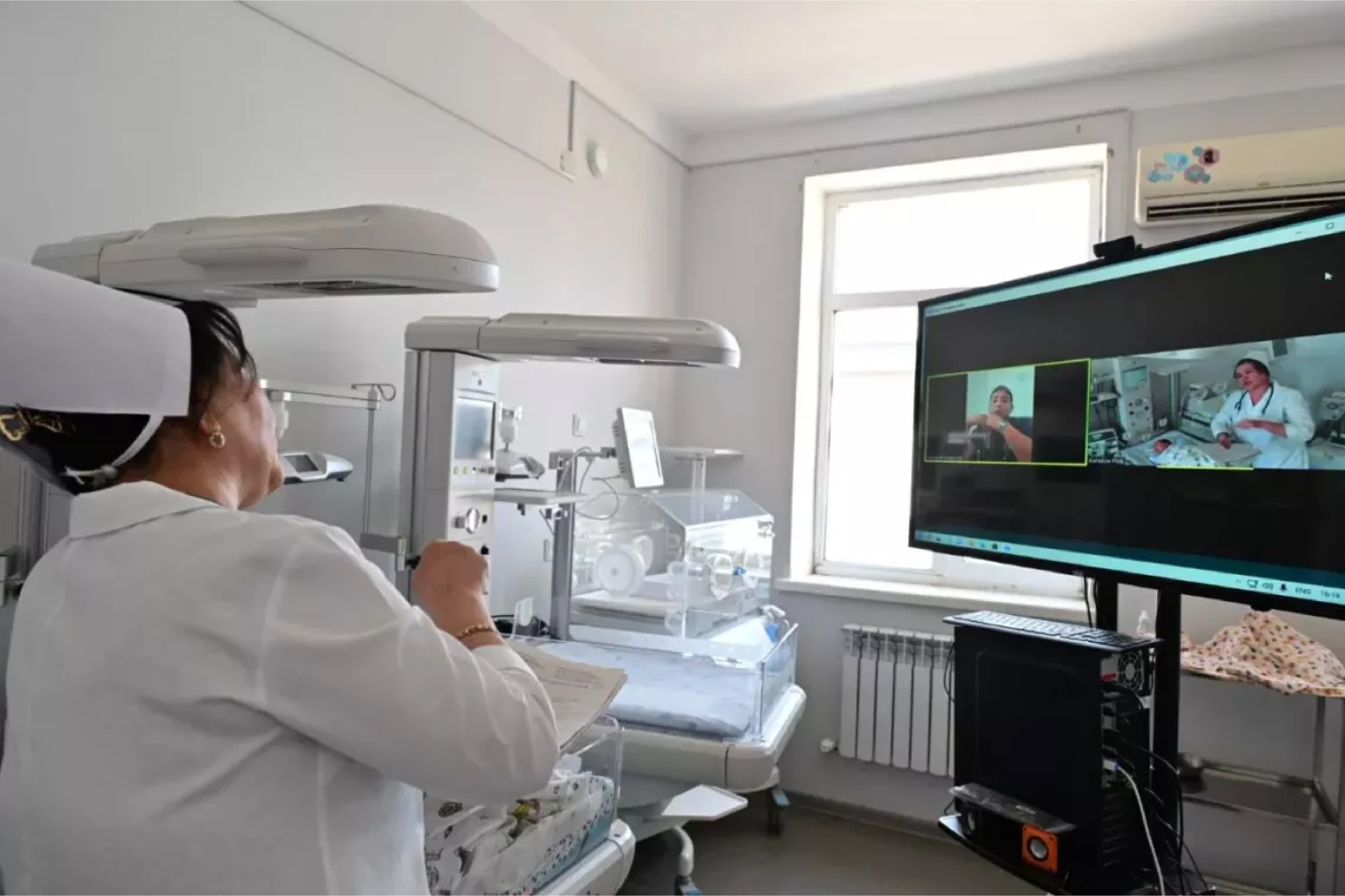
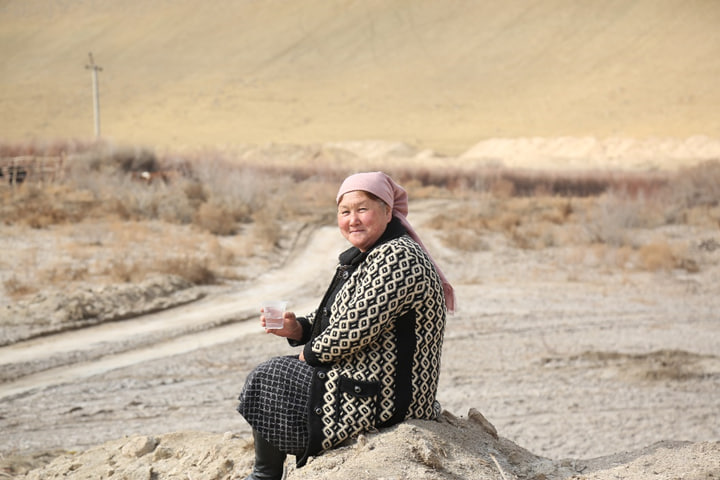
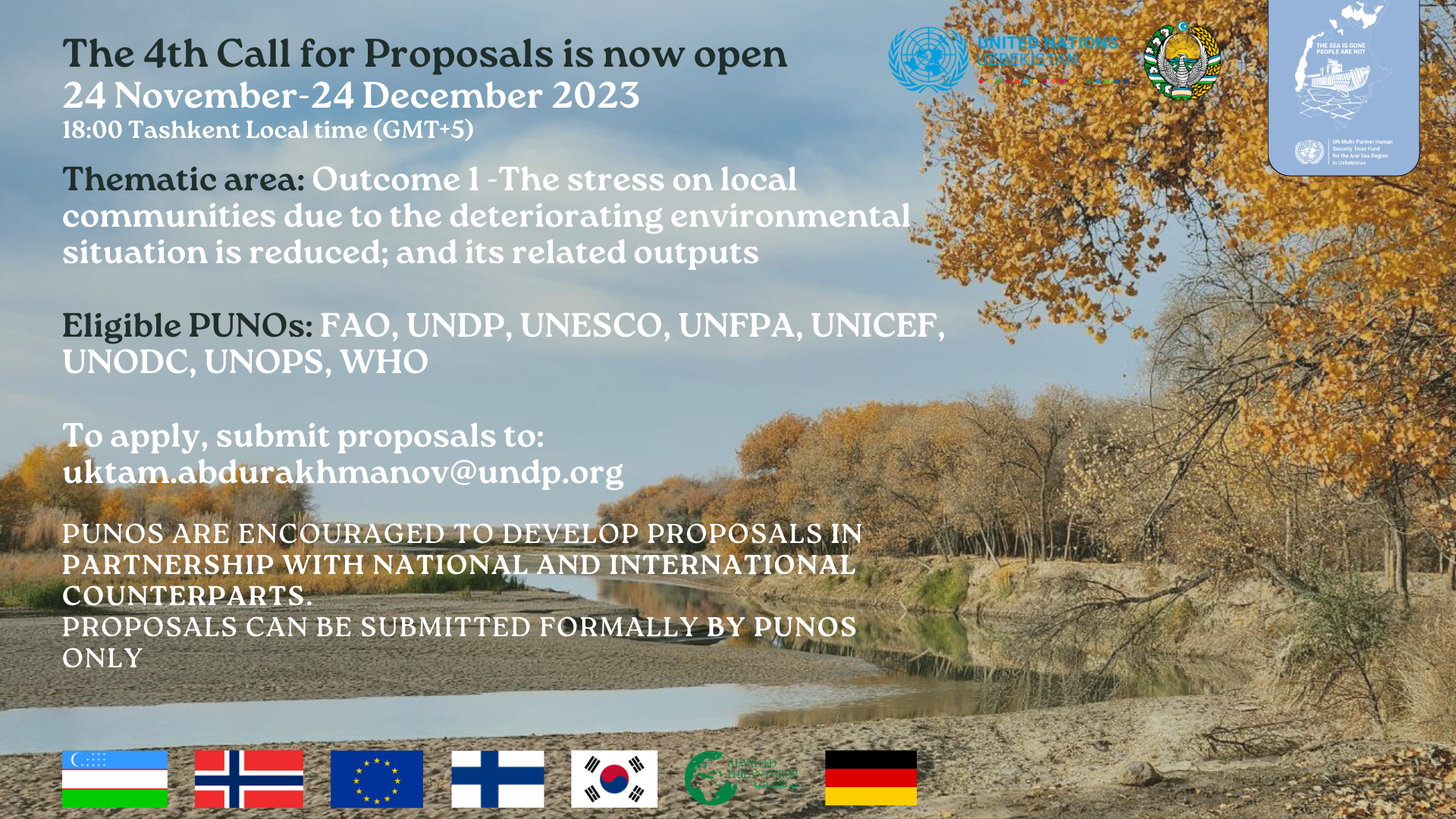
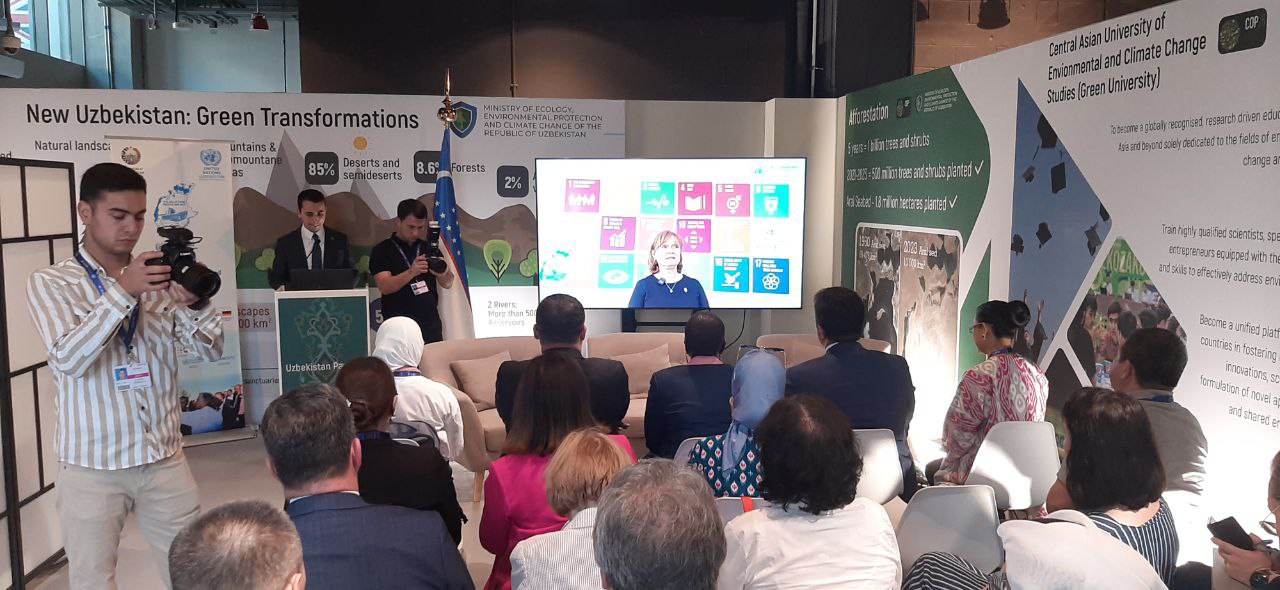
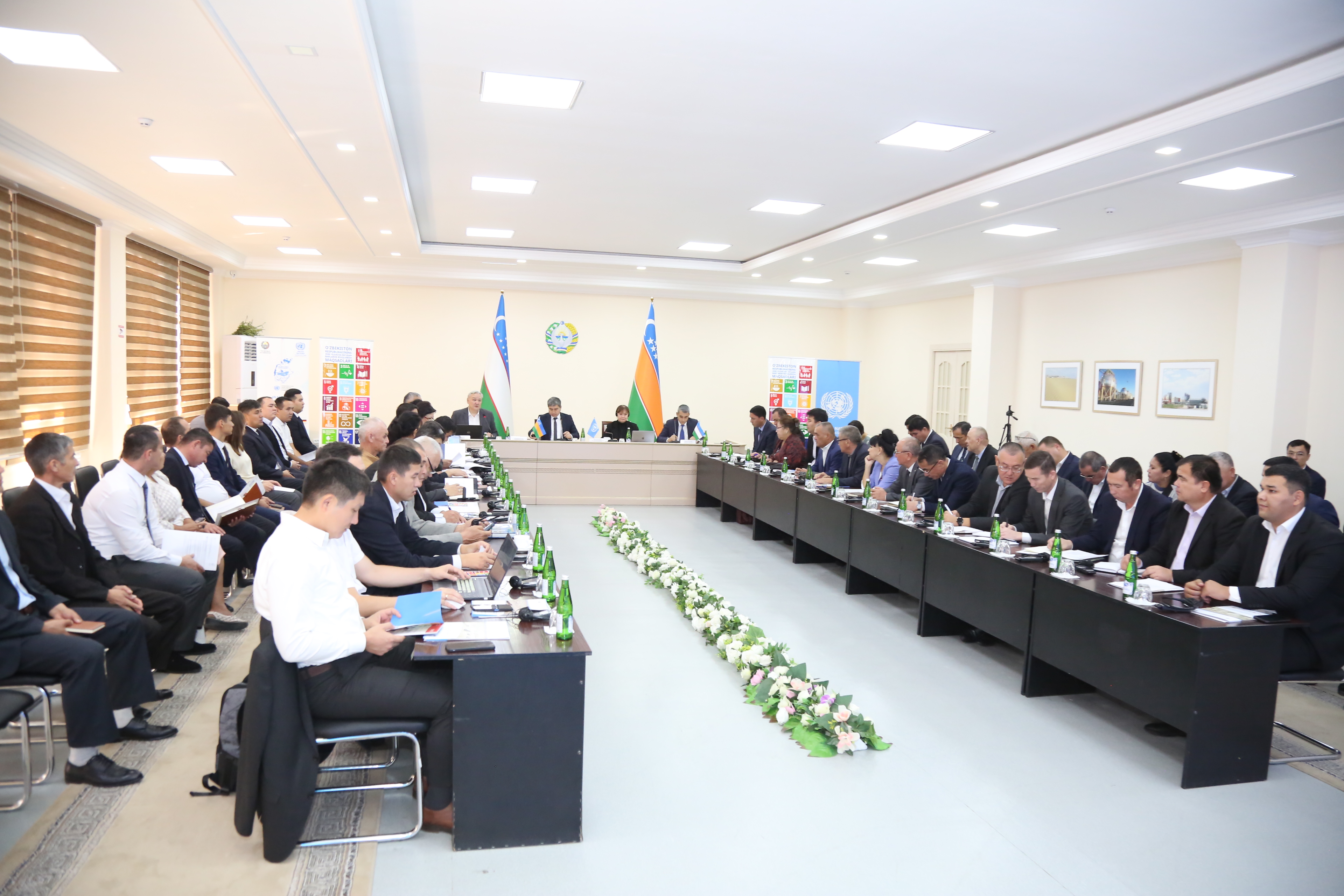
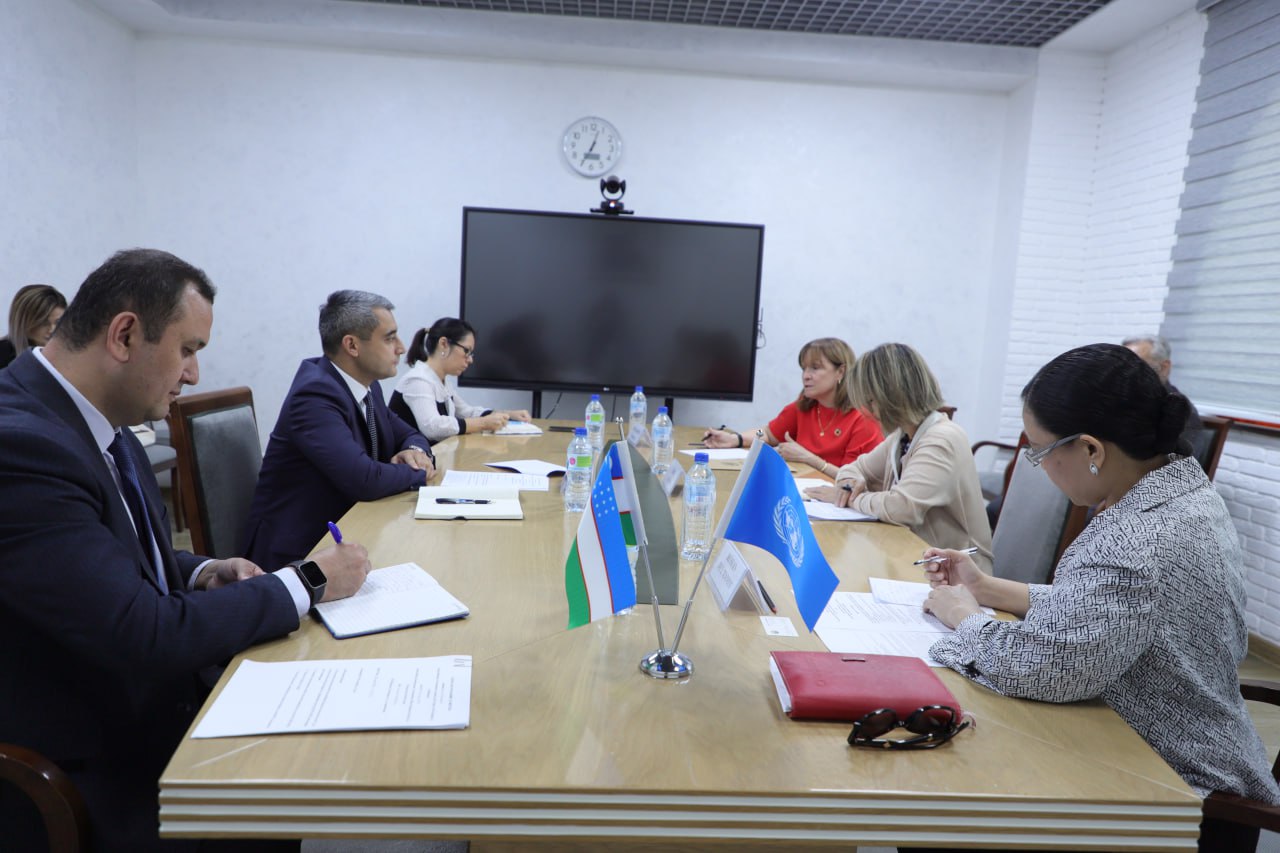
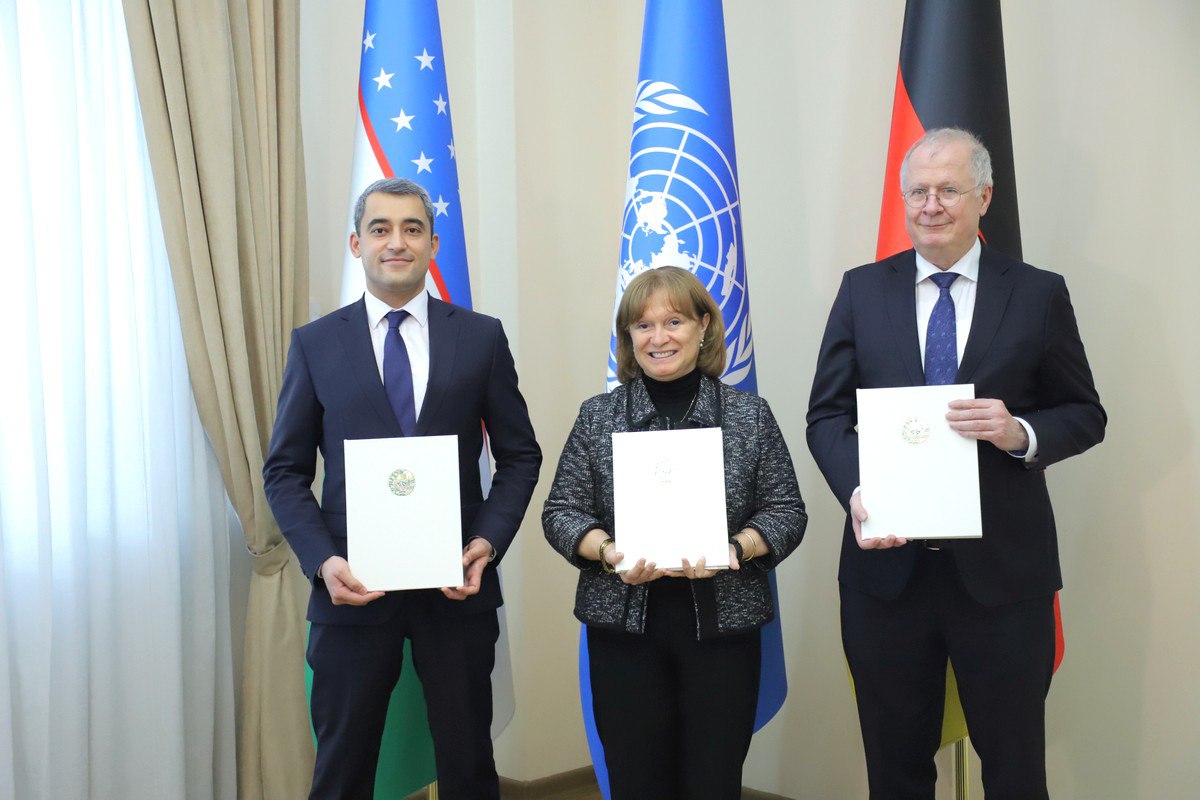
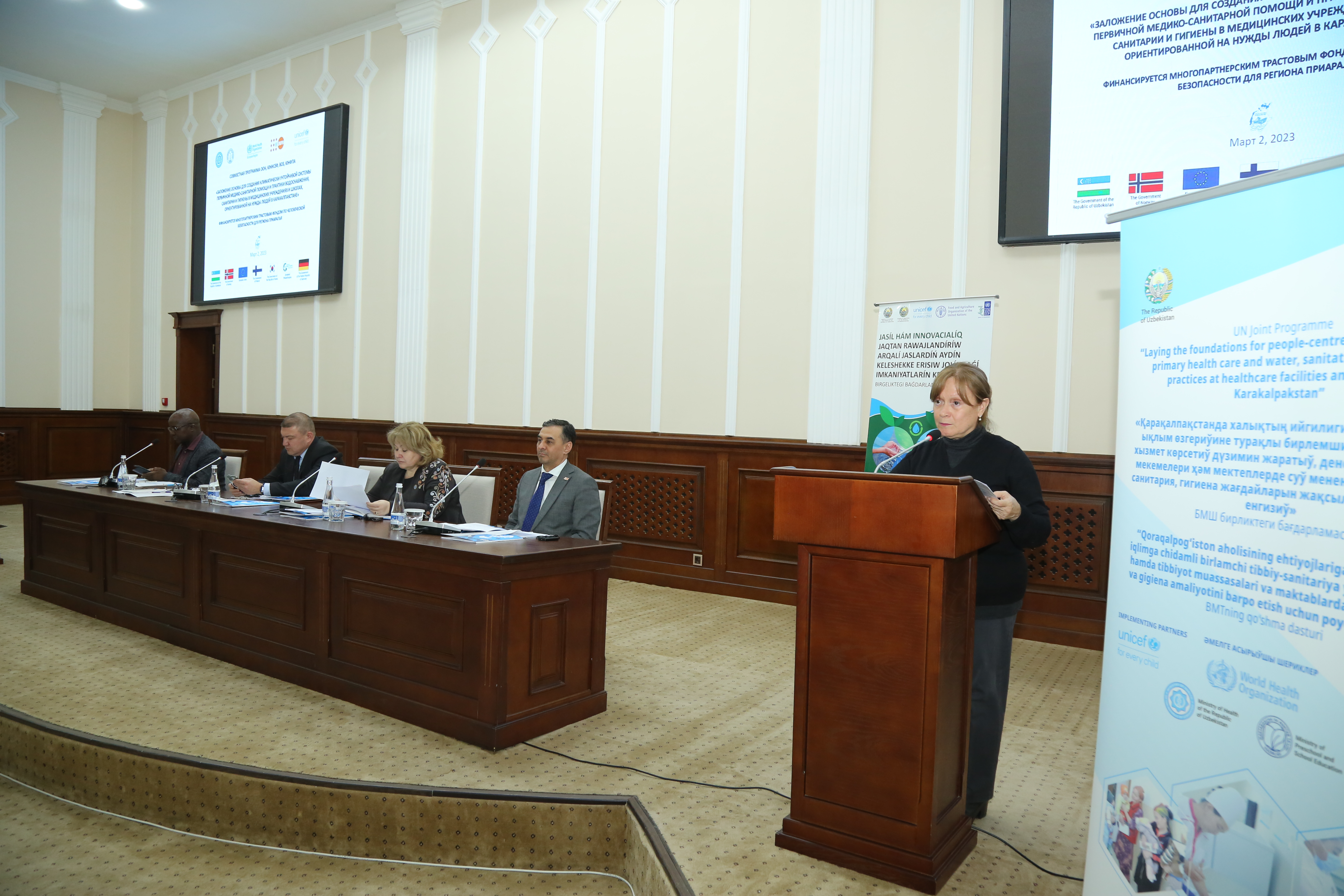
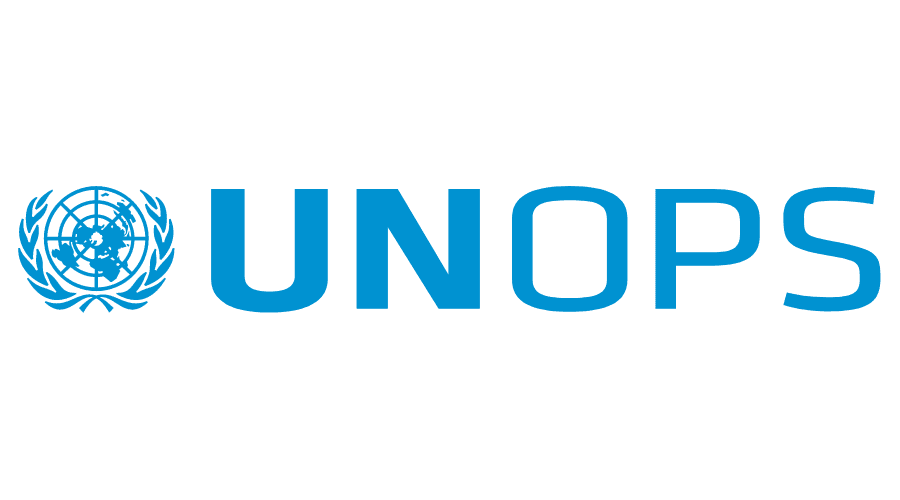
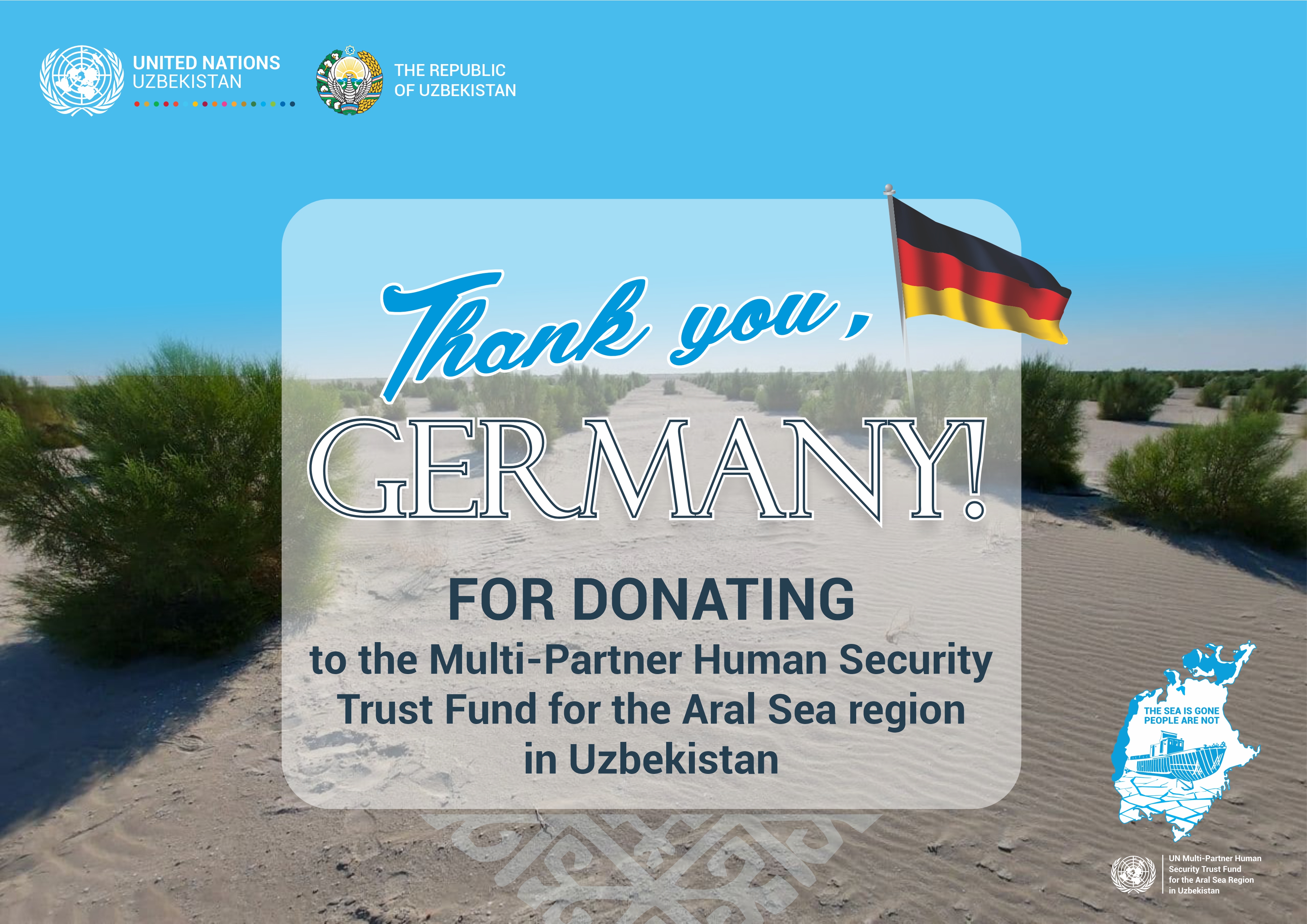
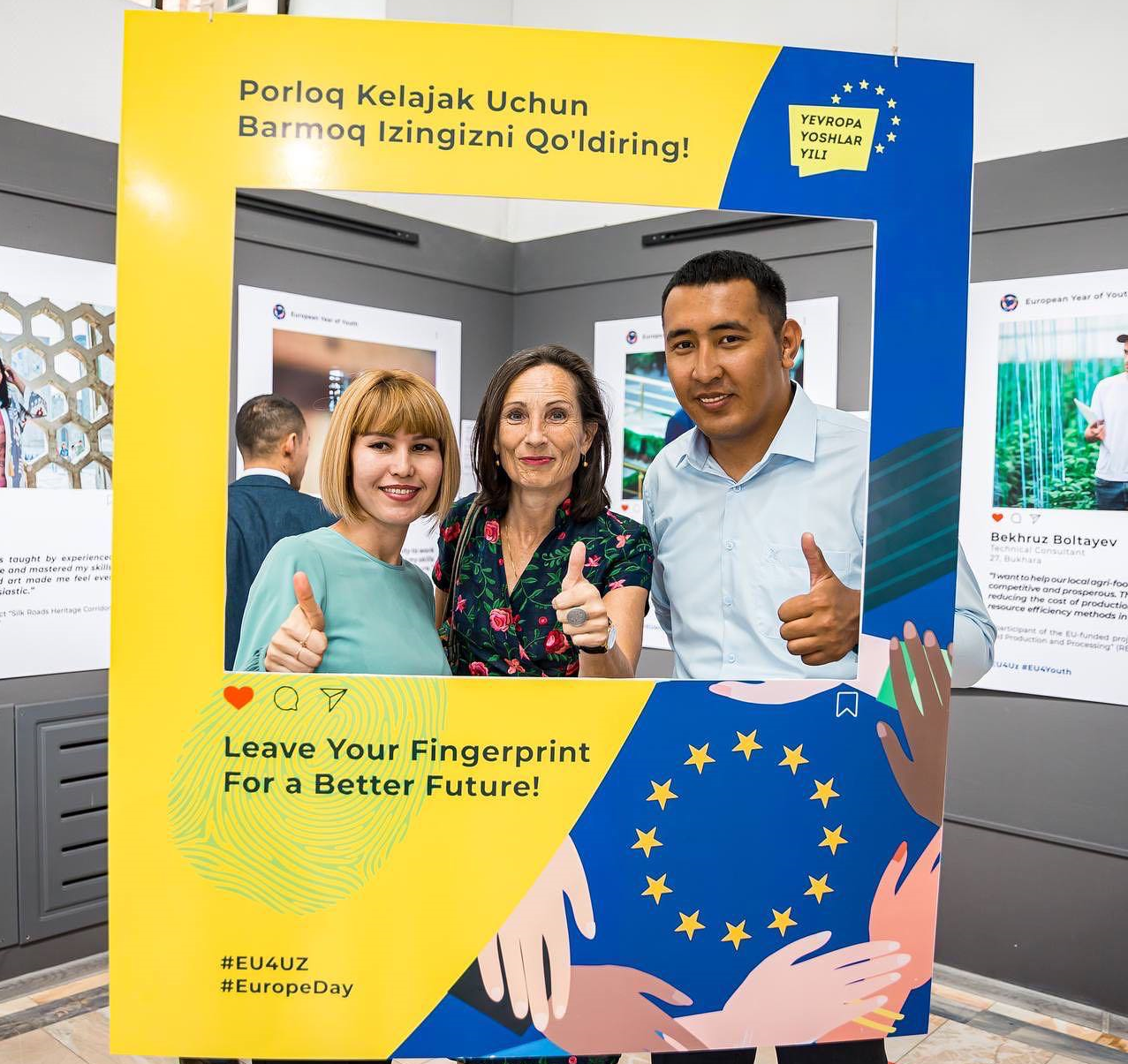
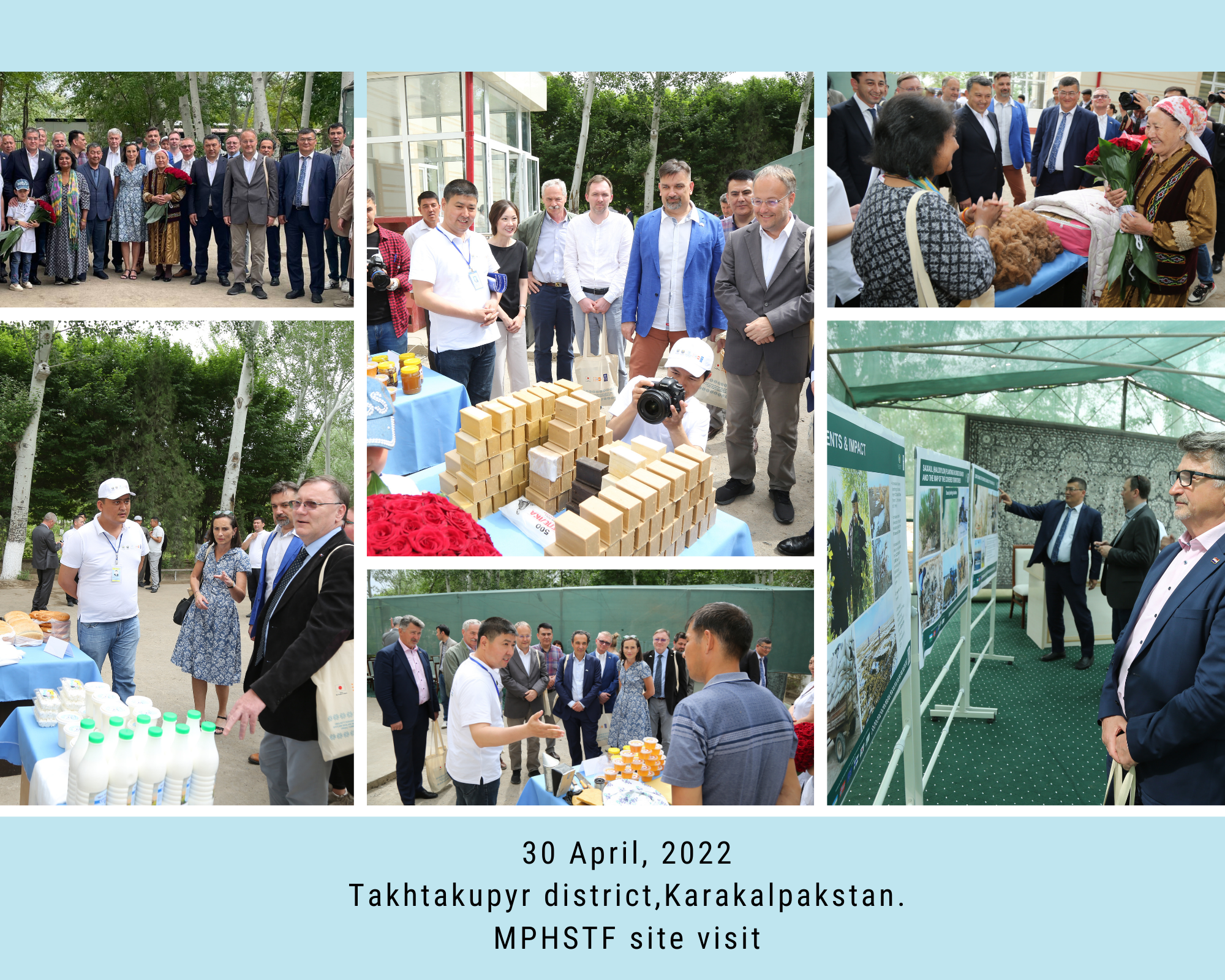
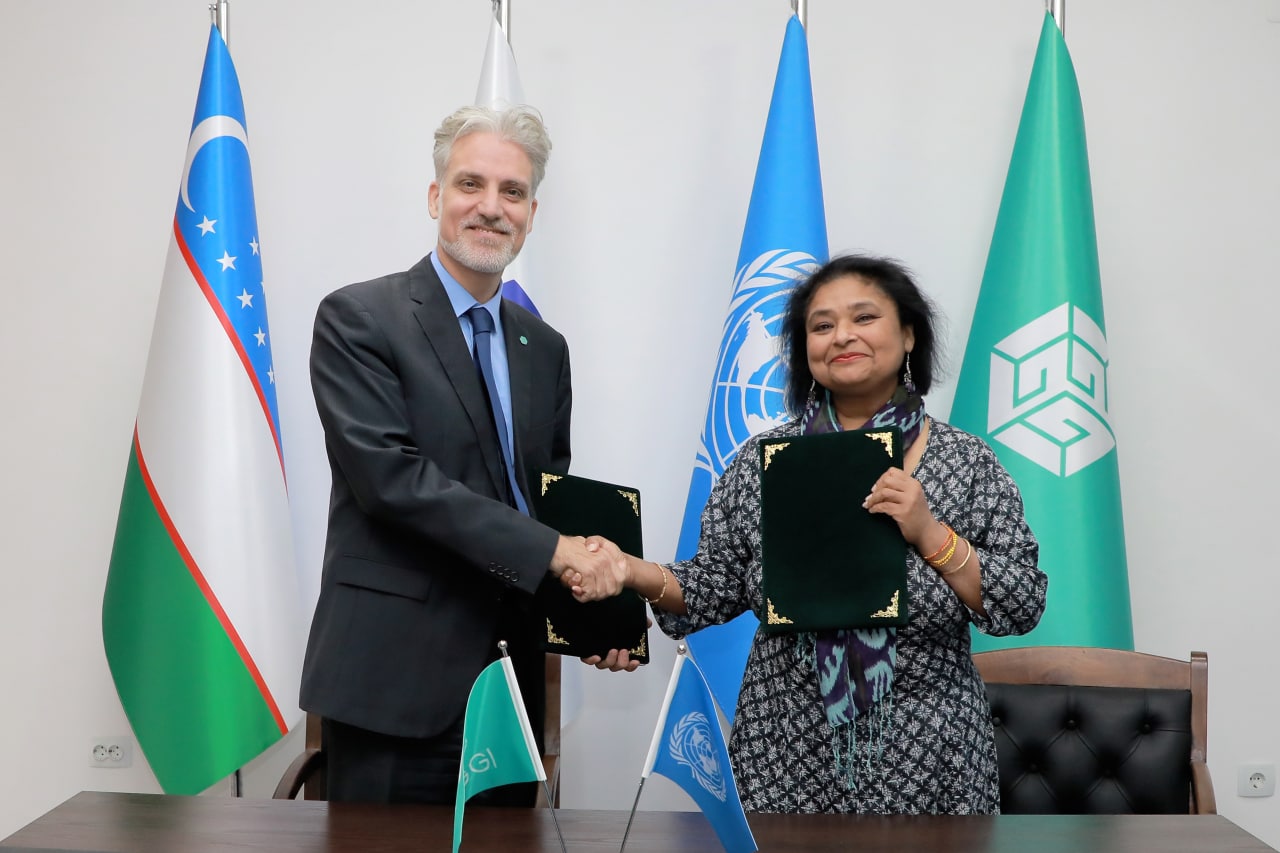
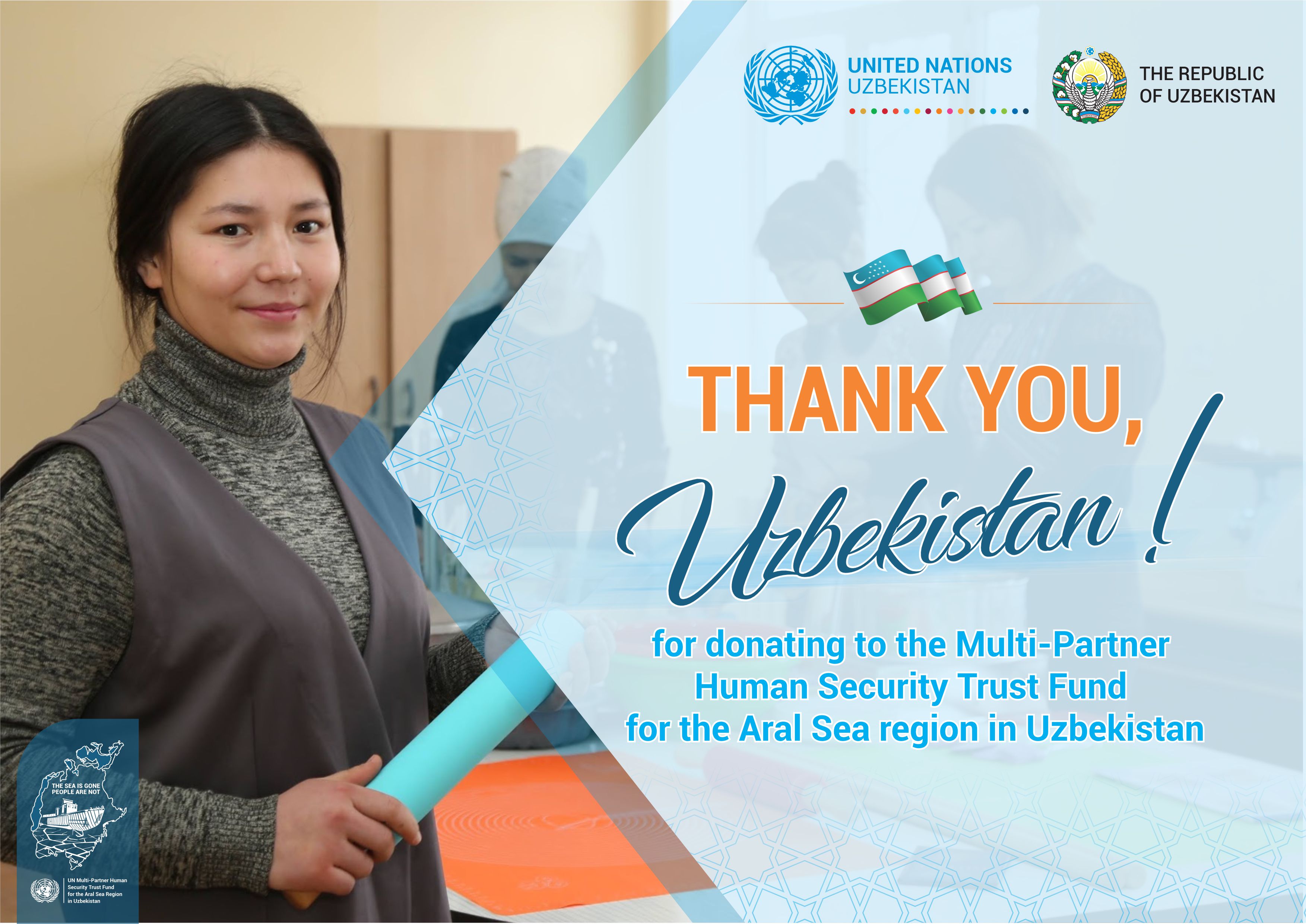
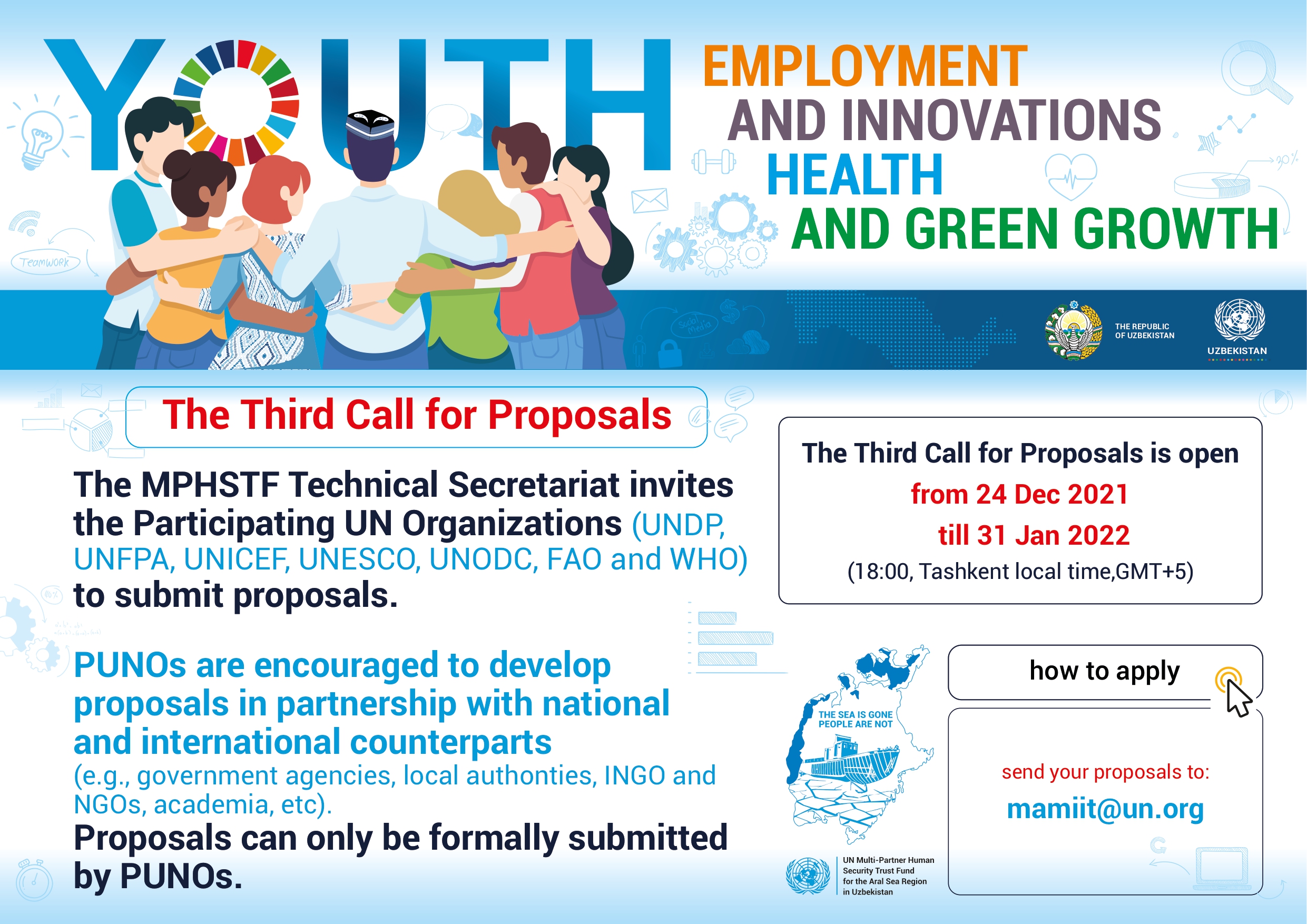
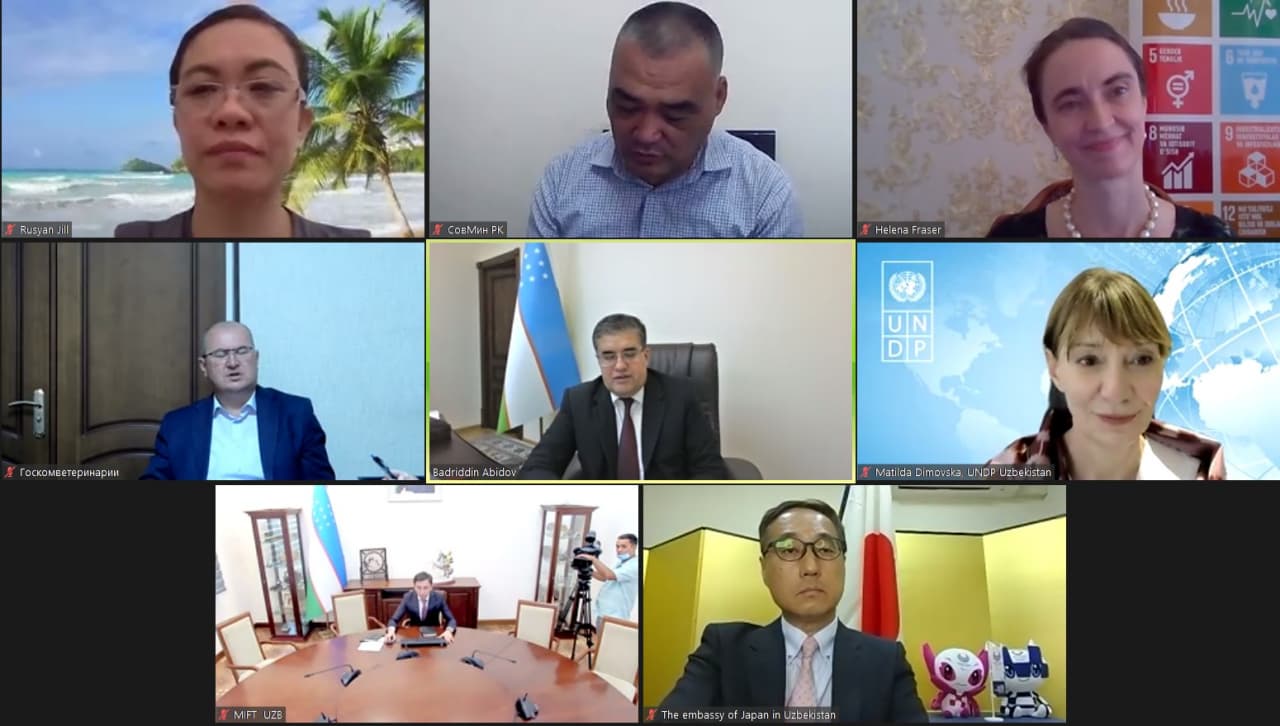
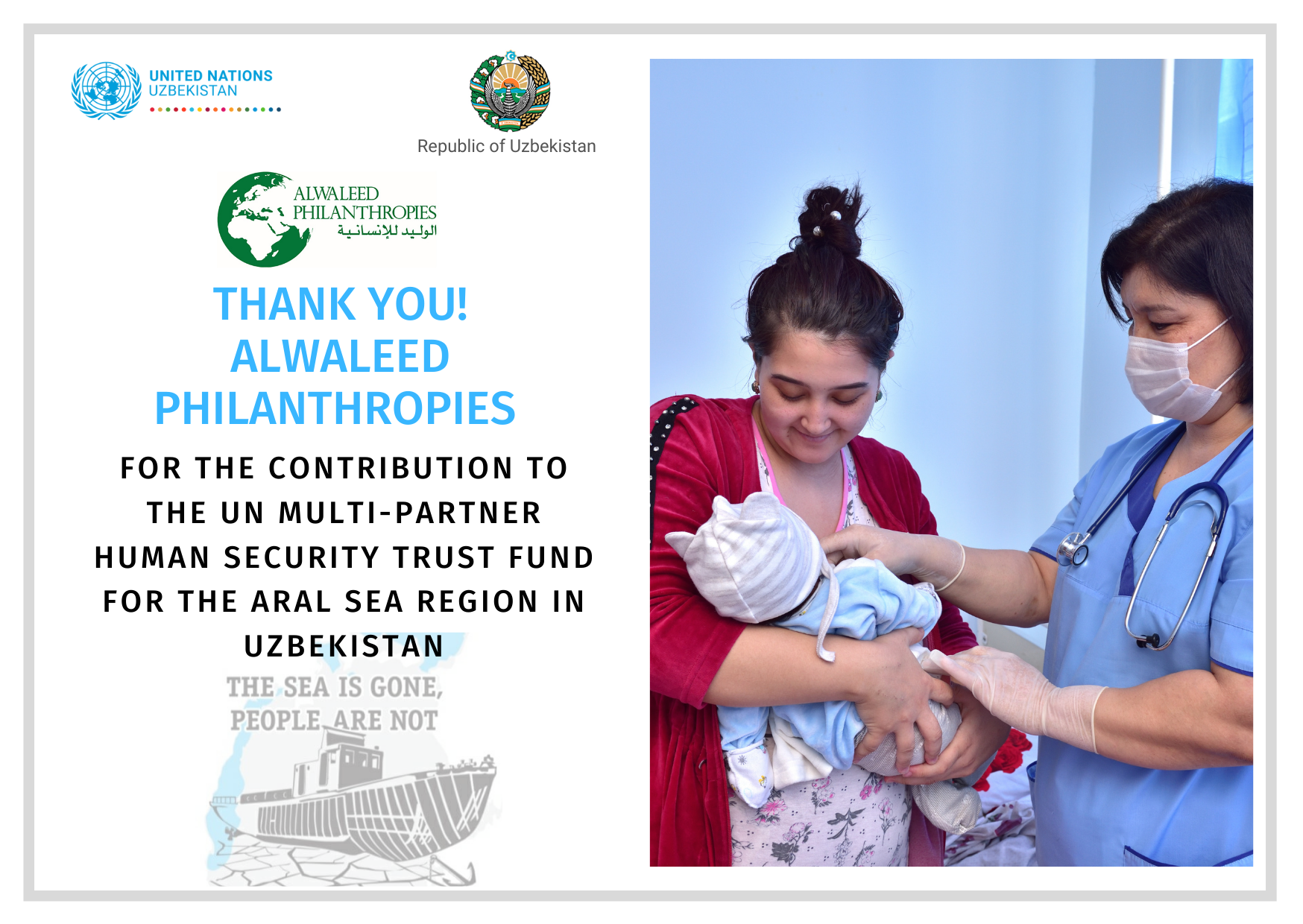
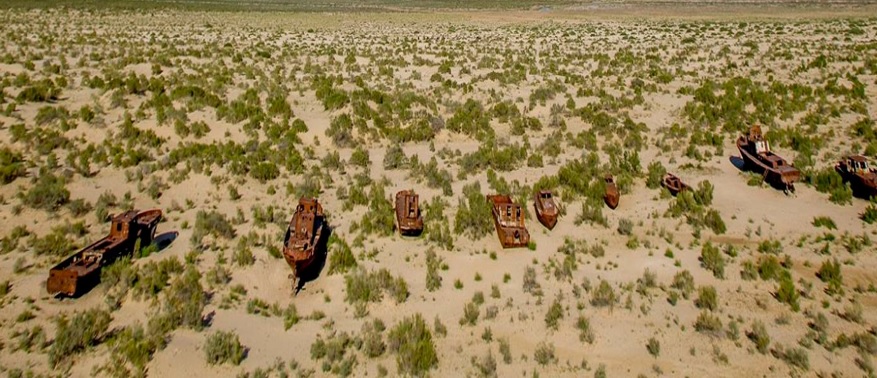
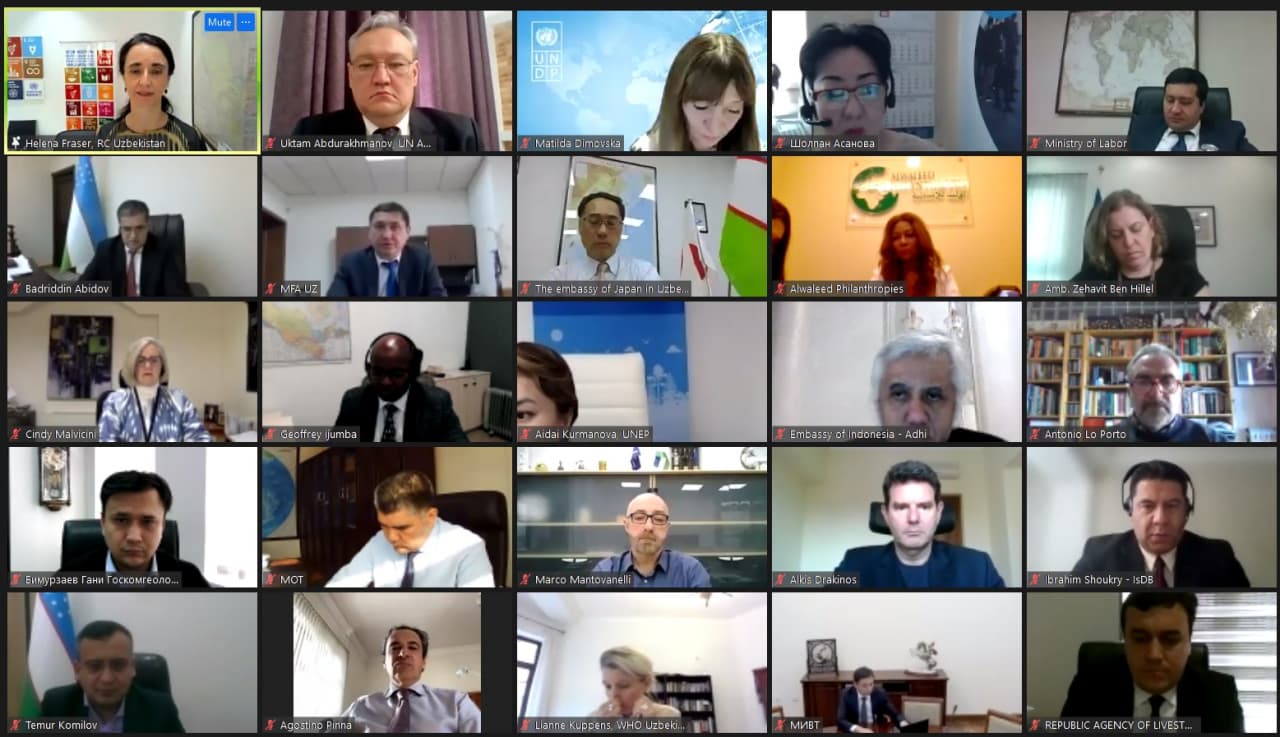
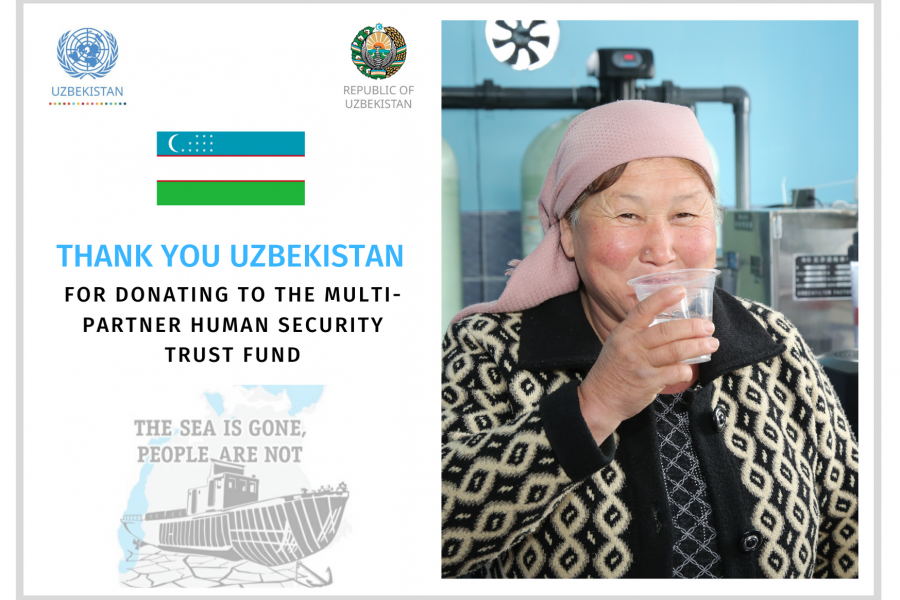
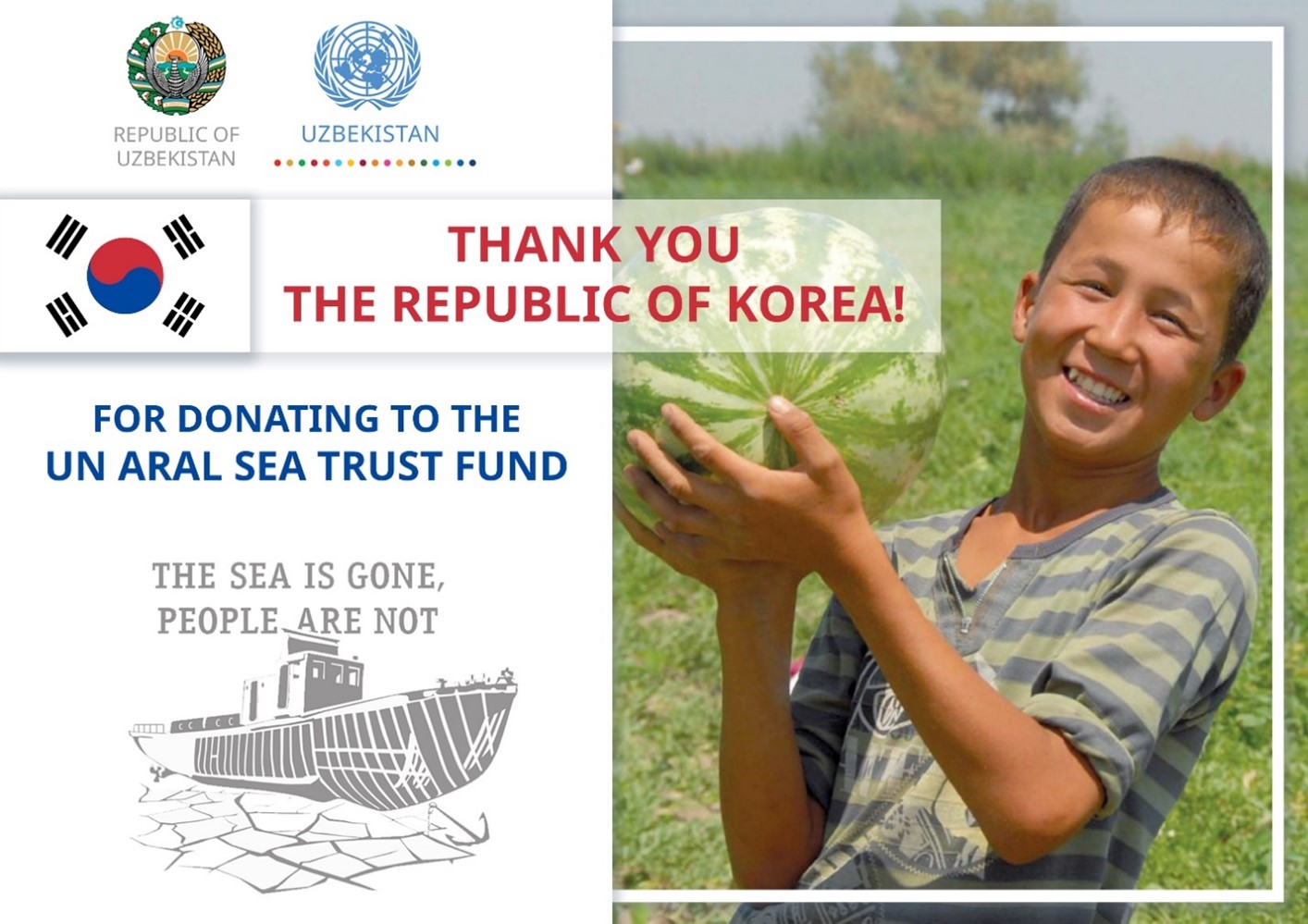
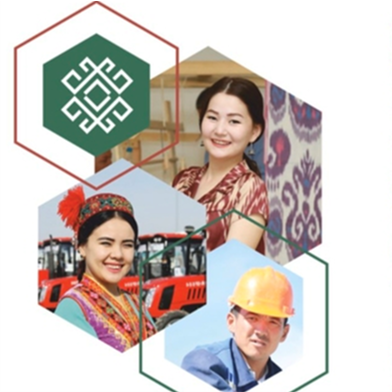
Today, we celebrate 6 years of the UN Aral Sea Trust Fund, founded in 2018 by the initiative of the President of Uzbekistan and the UN Secretary-General. We improved the lives of around 300,000 people
— ARAL SEA TRUST FUND (@UN_AralSeaFund) November 27, 2024
and laid a foundation of resilience and sustainability for the Aral Sea Region! pic.twitter.com/PZTKU5zAVj
At #COP29, our UNCT (@UNDP, @UNFPA, @UNECE), expressed their continued support to the Aral Sea at a side event. Their work with the @UN_AralSeaFund is vital to advance climate resilience. Katta rakhmat for representing our UN family! pic.twitter.com/HjqlX0ga0B
— Sabine Machl (@SabineMachl) November 14, 2024
Happening now in Baku: @UN_Uzbekistan is at #COP29! From climate-smart farming to digital health solutions, today’s side event showcases impacts by the @UN_AralSeaFund, which have positively affected lives of over 293,000 people. pic.twitter.com/WAtQYvZiHz
— Sabine Machl (@SabineMachl) November 14, 2024
🧵From traditional floor blankets to modern fashion - meet Saltanat, mother of four in Muynak!
— UNDP Uzbekistan 🇺🇿 (@UNDP_Uzbekistan) October 31, 2024
She's building her business through the support of our @UN_AralSeaFund-funded programme, showing how vocational training center creates paths to success and #WomenEmpowerment💪 pic.twitter.com/aDSc4fnZkH
Thanks to #MPHSTFwithUNDP projects, we’ve transformed social infrastructure for 101,000 people in the #AralSea region, incl.:
— UNDP Uzbekistan 🇺🇿 (@UNDP_Uzbekistan) September 20, 2024
🖥️3 Infokiosks for digital access to public services
🚑Electronic polyclinic platform
📡15 Free Wi-Fi zones
👉https://t.co/CPRl8KwOyC#LeaveNoOneBehind pic.twitter.com/e7DL0217i0
🚀Transforming lives in the #AralSea Region!
— UNDP Uzbekistan 🇺🇿 (@UNDP_Uzbekistan) September 19, 2024
Over 5,100 residents have gained new skills through training in various areas: from project design to agriculture🌾.
Big thanks to the @UN_AralSeaFund & partners for their support in empowering communities!🙌
👉https://t.co/YmSaprG8Oz pic.twitter.com/52GxWFWemb
🌍With the incredible support from @UN_AralSeaFund & 🇺🇿🇳🇴🇪🇺🇫🇮🇰🇷🇩🇪, we have successfully provided access to clean drinking water, electricity & improved health facilities for 50,000 rural residents of Karakalpakstan🚰✨
— UNDP Uzbekistan 🇺🇿 (@UNDP_Uzbekistan) September 18, 2024
One of the stories: https://t.co/D7mU0uksb1#MPHSTFwithUNDP pic.twitter.com/CrGpjKi2Fb
🍰Alima from Karakalpakstan turned her love for baking into a successful business with support from #MPHSTFwithUNDP.
— UNDP Uzbekistan 🇺🇿 (@UNDP_Uzbekistan) September 16, 2024
✅Since 2020, we’ve helped over 100 small businesses thrive in the #AralSeaRegion, boosting local livelihoods & food security.
📖Read here: https://t.co/b4ruyDs273 pic.twitter.com/5R1Mw4AQte
Perdesh apa & her family, like 10,000 others, used to carry water in buckets for 1.5 km. Thanks to the Fund, clean drinking water is now accessible in 3 villages through new purification centers. With your support, looking forward for next Operational Cycle! #AralSea #CleanWater pic.twitter.com/eRIlBSl0B9
— ARAL SEA TRUST FUND (@UN_AralSeaFund) September 12, 2024
"Climate change has brought severe water shortages to Muynak due to the Aral Sea's drying up." The UN Aral Sea Trust Fund is fighting back with afforestation efforts and clean water initiatives, bringing much-needed relief to the region. #ClimateActionNow #AralSea #Resilience pic.twitter.com/vTi2ikUwau
— ARAL SEA TRUST FUND (@UN_AralSeaFund) September 3, 2024
🌍 Meet Kallibek - a mentor at the IT Center in Kegeyli, supported by the Fund. He is empowering the next generation! By teaching Frontend and Python, he's opening doors for youth in remote villages to explore the world of IT. 🚀💻 #AralSea #Empowerment #hope #Resilience pic.twitter.com/pIlFbiDnx9
— ARAL SEA TRUST FUND (@UN_AralSeaFund) August 26, 2024
The UN Resident Coordinator in 🇺🇿, Sabine Machl stands in the graveyards of ships - a haunting reminder of the Aral Sea disaster. Holding shells from a time when there was still water, she reflects on the immense ecological catastrophe that has turned a vibrant sea into a desert pic.twitter.com/mYMOwT4uCJ
— ARAL SEA TRUST FUND (@UN_AralSeaFund) August 23, 2024
Proud 2continue our quest against #cervicalcancer in the Republic of Karakalpakstan!6️⃣k women have been screened adding 2 the # of5️⃣0️⃣k tested,leading 2 the timely treatment of women detected w/positive cancer tests.Every step counts in this fight! 2gether we save lives of women! pic.twitter.com/4NYD9dQFn8
— UNFPA Uzbekistan (@UNFPAUzbekistan) August 22, 2024
We are proud to hand over WASH and healthcare waste management facilities! The Fund supported joint project by @UNICEF_UZB , @WHOUzbekistan , @UNFPAUzbekistan . Together, we are laying the foundations for a healthier, more resilient future for the people of Karakalpakstan! pic.twitter.com/ihYMWSh9Yh
— ARAL SEA TRUST FUND (@UN_AralSeaFund) August 18, 2024
During the visit to Muynak, the UN in 🇺🇿, visited School #3. This is one of the 15 schools in northern Karakalpakstan, where we improved Water, sanitation and hygiene facilities and benefited over 27,000 children. 🌍🚰 #Sustainability #WASH #ClimateChange #Resilience #AralSea pic.twitter.com/Rty80bL09q
— ARAL SEA TRUST FUND (@UN_AralSeaFund) August 17, 2024
Every day Kahraman Kabulov, doctor of perinatal center in Nukus city gives prenatal care for women with high-risk pregnancies & helps manage existing women health problems. Thanks to the contributions of our partners of #AralSeaFund
— UN in Uzbekistan (@un_uzbekistan) August 14, 2024
About Fund: https://t.co/GyMK4Jgqcs pic.twitter.com/W2aDuIO1bx
🌱 Empowering Communities: As of December 2023, over 293,000 residents in Karakalpakstan gained better access to health, food, and economic security thanks to our Donors and Partners! Together, we're building a sustainable future. #HumanSecurity #AralSea pic.twitter.com/PIKysuQijv
— ARAL SEA TRUST FUND (@UN_AralSeaFund) July 19, 2024
Ziynegul is one of the winners of a business fair under the UN joint programme with support of @UN_AralSeaFund.
— UN in Uzbekistan (@un_uzbekistan) July 18, 2024
With this support, she has been able to turn her childhood passion into a thriving business. Read her story: https://t.co/zCAnfyG5g4 pic.twitter.com/1Pmdol01NB
A young girl drinks clean safe water, thanks to a health initiative by the Human Security Trust Fund for the Aral Sea Region in 🇺🇿 where @un_uzbekistan tackles ecological disaster by providing resilience-building solutions.
— UN Multi-Partner Trust Fund Office (@MPTFOffice) January 9, 2024
➡️#PooledFunds #PostsofImpact: https://t.co/4bFIXExLLL pic.twitter.com/rZwUe1LzKt
Rusyan Mamiit, Development Coordination Officer for Partnerships and Development Finance (RCO MPTF Focal Point), Email: mamiit@un.org
Simon Hacker, Head, RCO, Email: hackers@un.org
Roli Asthana, UN Resident Coordinator, Co-chair of the Steering Committee, Email: roli.asthana@un.org
Assia Sidibe, Senior Portfolio Manager, Email: assia.sidibe1@undp.org
Tatiana Harmon, Portfolio Associate, Email: tatiana.harmon@undp.org
Rebecca Sumba, FM - EU contract management, Email: rebecca.sumba@undp.org
Sara Ansari, Finance Specialist, Email: sara.ansari@undp.org
Olga Romanovskaya, Finance Associate, Email: olga.romanovskaya@undp.org
Aamir Khan, Finance Specialist, Email: aamir.maqsood@undp.org
